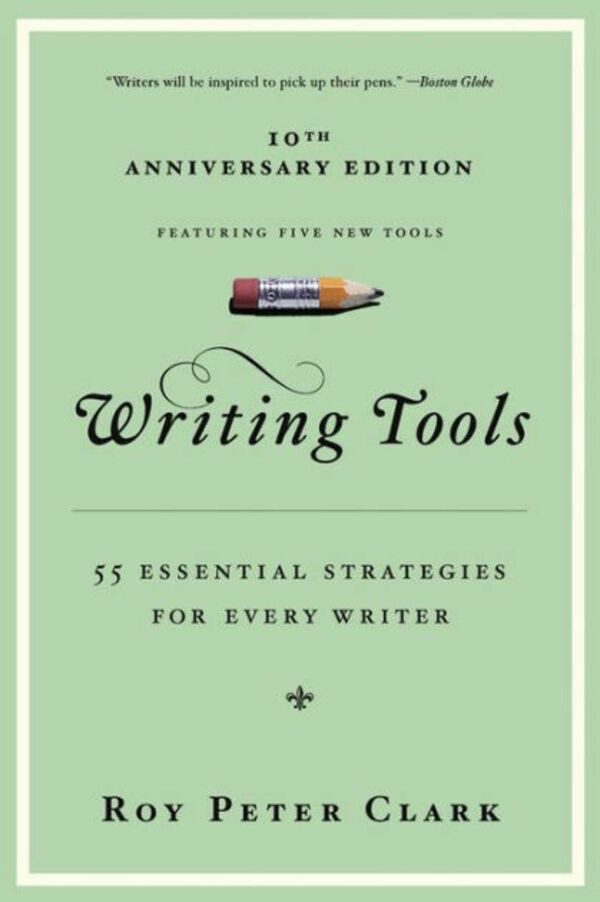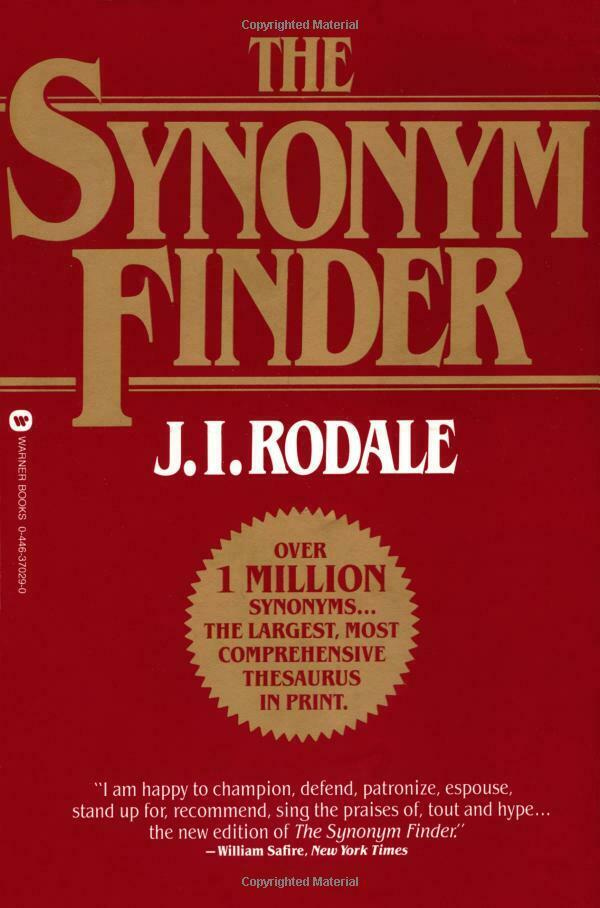Recipe Aggregators
Efficient recipe search
As much as I like cooking from any of the several cookbooks in my library, I often look for new recipes online. It’s not an easy task. I’m amazed at the number of ad-riddled pages I find by Googling the name of a dish. I do have an online subscription to Cook’s Illustrated (previously reviewed), and there are a handful of other individual free sites I turn to for recipes and technique info. However, as a research librarian, I’m always keen to execute a search in a manner that maximizes the number of relevant results by querying a specific set of targeted resources. For scientific queries, I use freely accessible databases such as Public Library of Science or PubMed, or I use one of my library accounts to access subscription-based databases such as Wiley InterScience or Elsevier’s Science Direct. When I put my home-cook hat on, I approach recipe-finding with a similar set of expectations. Though there’s no shortage of recipe information online, there’s not really an equivalent set of databases for cookery. Here’s a round-up of the best recipe aggregation resources I’ve found.

Epicurious is my go-to recipe site; I’ve used it for four years. One of the aspects I like most about it is the user comments. Because the site is older, most recipes have at least a handful of comments, and I’ve found that most users leave really helpful feedback (usually suggestions for how to scale or tweak recipes). However, it’s also very easy to ignore user comments if you just want to stick to the original recipe. I usually cook from printed versions of the recipes (rather than bringing my laptop in the kitchen), and Epicurious offers several options for the size of the printed page, whether or not images are included, and even the option to print a separate shopping list.
Most recipes come from Gourmet and Bon Appetit magazines (the site is owned by Conde Nast). Some come from cookbooks published by Random House, with whom Epicurious has some kind of republication agreement, it seems. Some have also been reprinted from other cookbooks, with permission. In addition to the 25,000 recipes from these professional resources, they also boast 50,000 member-submitted recipes. Epicurious is the online food site to beat.
Cookstr publishes recipes by professional chefs, including Mario Batali, Jamie Oliver, Alice Waters, Jacques Pepin, Michael Recchiuti, Mark Bittman, and on and on. In addition to recipes, the site also provides informative profiles for each chef. Features are fairly minimal, with a video section still under development, but I do like the simplicity of the site. Site registration allows you to save and comment on recipes. Although Cookstr only has a few recipes from each chef, it’s the closest thing to a massively cross-cook[book] database I’ve found. I hope it grows.

I learned about Food52 when the New York Times ran a round-up of new, crowd-sourced food sites. The hook of this site, founded by two food writers, is that every week there’s a theme-based competition; after a year of these contests, the winning recipes will be collected in a book. Any registered user can compete in the competitions, the founders select finalists and post slideshows of them testing the recipes, and then users vote for a winner. The focus of the site is the contests, and all recipes submitted for the contests are accessible, but registered users can upload any type of recipe. Although there is a pretty sizable diversity of recipes on the site, I most often use it when I’m looking for inspiration to try something new, not when I have a few keystone ingredients I’m trying to hang together.

Serious Eats is another curated food community with some social features, including a set of forums, and original video content in addition to a large collection of recipes. Recipes come largely from featured cookbook writers and chefs, but also the wider community base (in the forums). It’s more inclusive than Food52, because of its forums, and it’s more polyphonous because its cast of contributors is quite long and revolving. However, it’s less inclusive in the sense that the Recipes section of the site is limited to those curated by contributors (mostly recipes from featured books and chefs).

Foodbuzz is a network of foodbloggers (more than 10,000). They offer a set of services for “featured publishers,” including ad management and other perks, as well as several social networking-type features for individual users. Foodbuzz is one of the few sites I’ve found that actually aggregates recipes from across the web. You can submit links to recipes to be indexed, and you can also submit recipes for direct publication at the site. It displays some characteristics of a curated site in as much as it highlights recipes from members of its featured publishers network, but overall it’s quite open since anyone can submit a recipe or recipe link.
Epicurious, Cookstr, Food52, SeriousEats, and Foodbuzz are my favorite recipe aggregators. To reduce my search load even further, I’ve created a custom Google search engine that queries these sites in addition to a few of my favorite individual sources.
11/11/09









